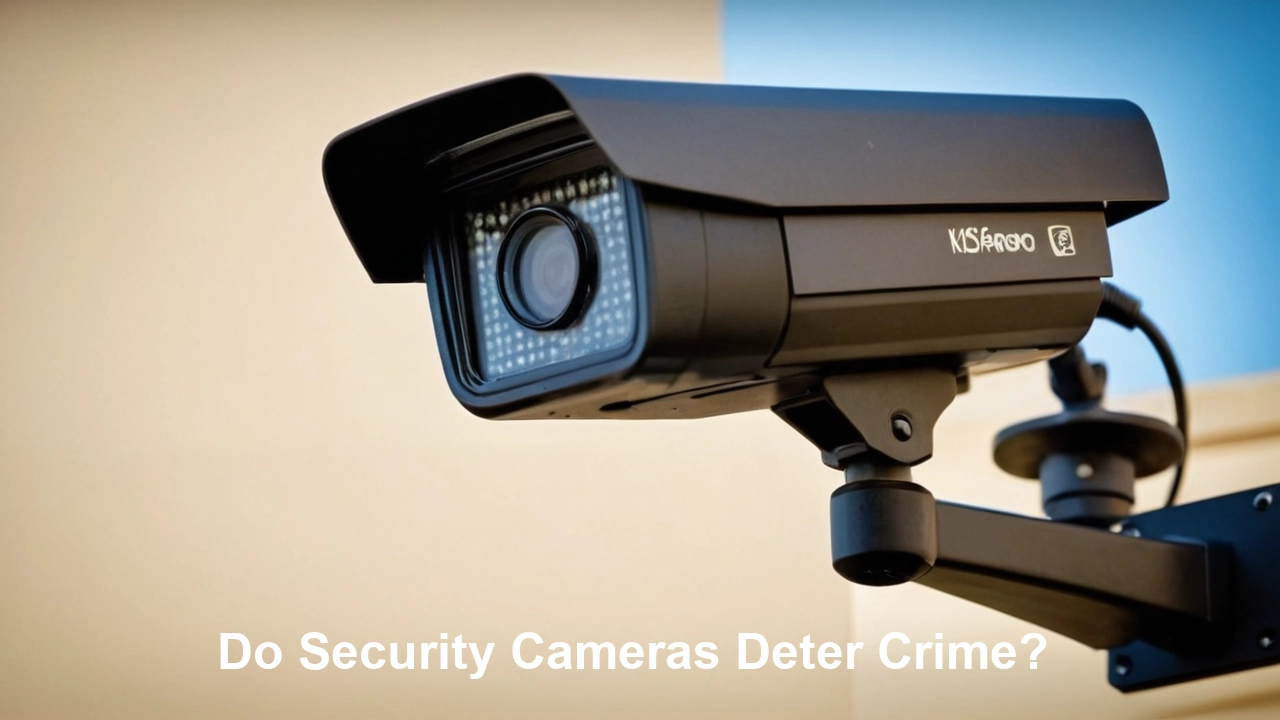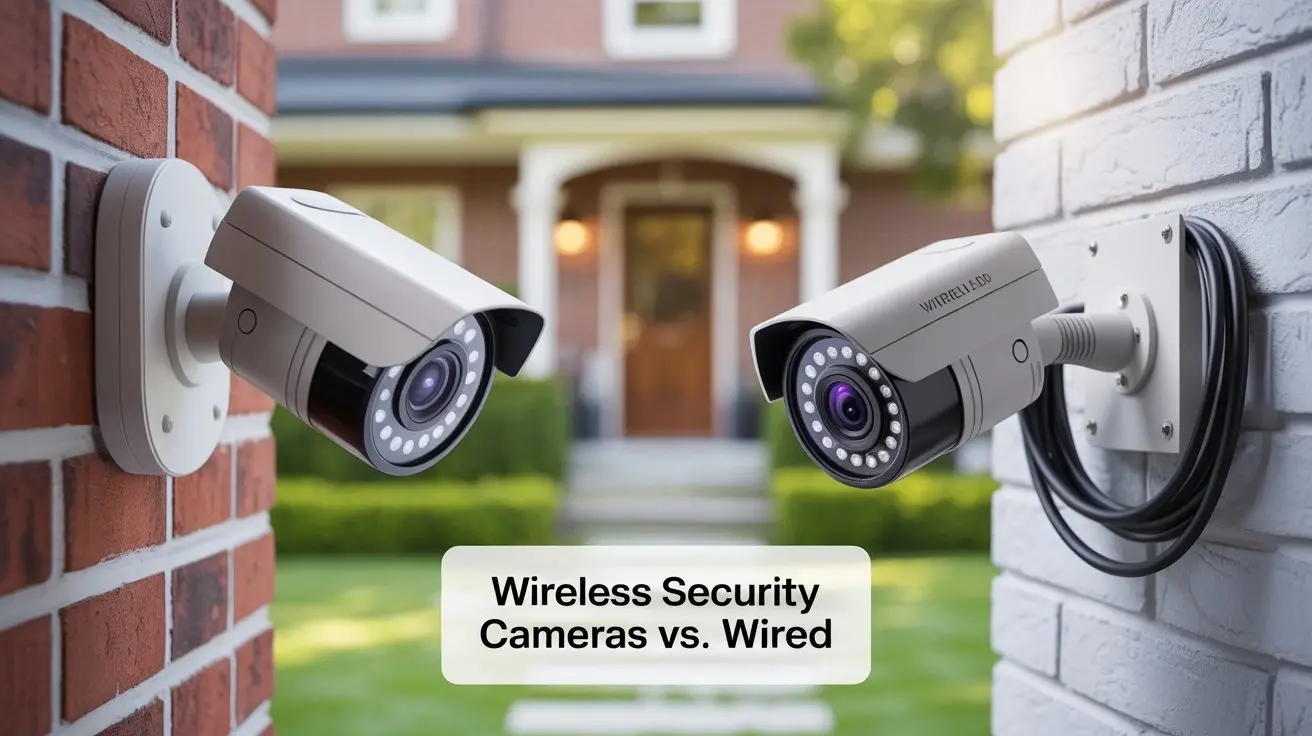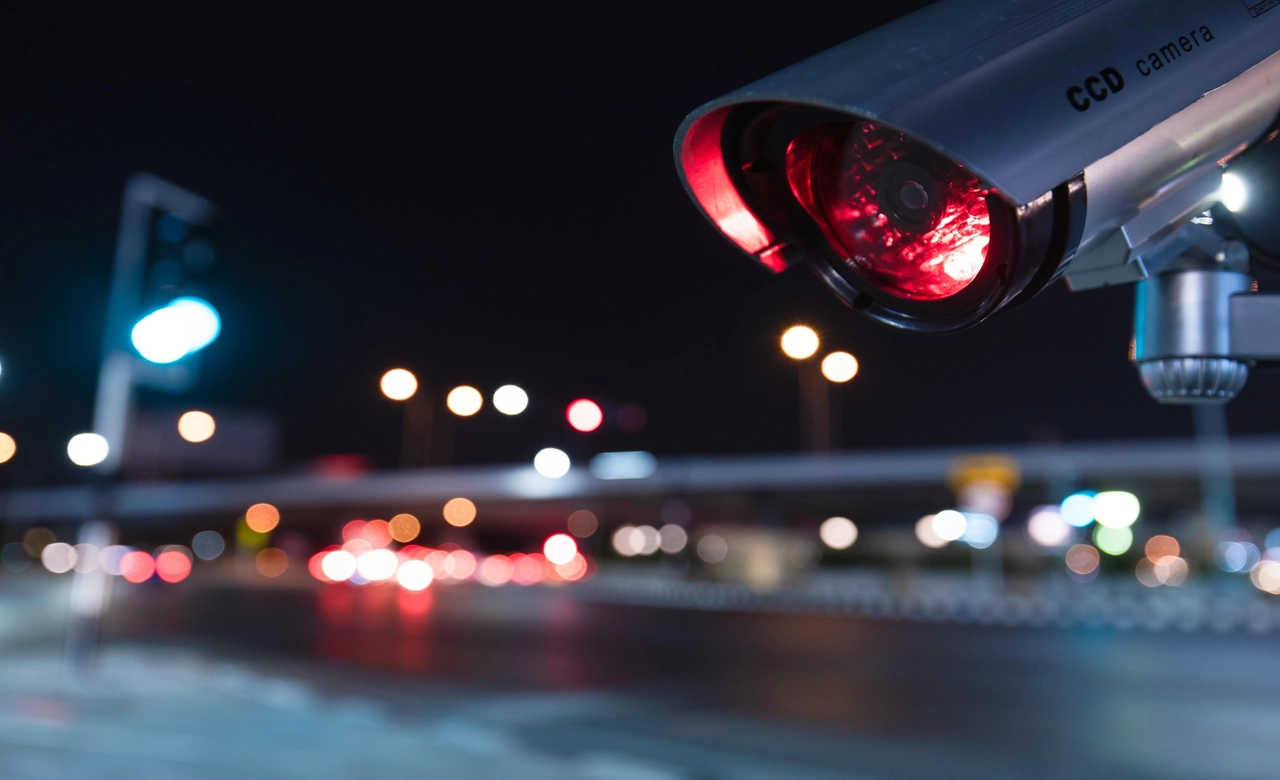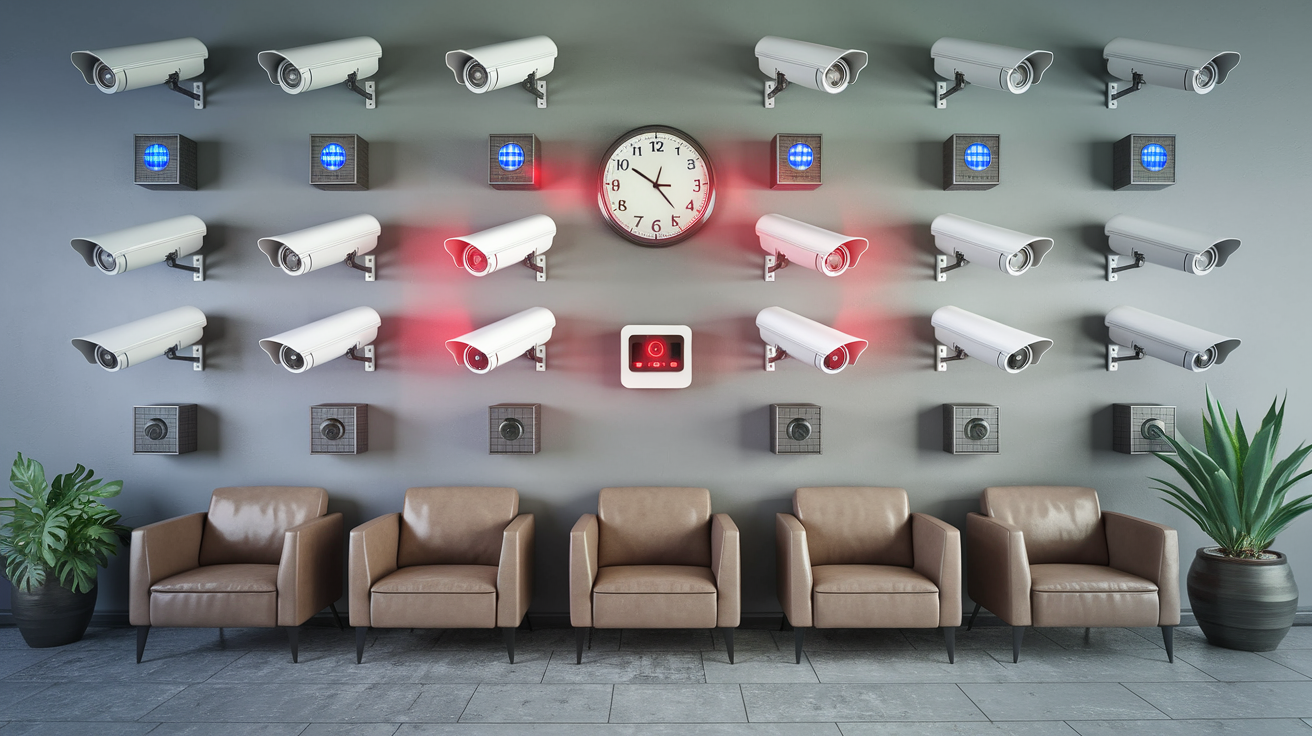Are Security Cameras Effective in Reducing Crime?
Cameras are found almost everywhere today and this has made security cameras to be the order of the day. We notice them installed on the walls of shops and office blocks, outside ATMs, at corners, and in parks and many other places. This growth in cameras and other video surveillance devices has raised concerns on their efficiency. Does the placement of security cameras in areas of concern really decrease the rate of criminal activities and keep criminals from perpetrating their evil deeds? Some studies show that they can offer certain crime prevention advantages, but the extent is still a subject to controversy among scholars.
Why Security Cameras Can Deter Crime
The rationale behind security cameras is actually quite understandable. Potential offenders may also refrain from executing a crime due to the fact they may be recorded by the video surveillance systems that are in place. Signs such as ‘area under surveillance by video camera’ are placed at strategic places to make the mischievous element know that they are being watched. Video footage also assist the police to recognize the criminals after a crime has occurred so that they can arrest them. On the theoretical level, the possibility of identification with the help of video, subsequent prosecution, and punishment may discourage some people from violating the law.
Research Findings on Crime Prevention through Security Camera
Is there empirical evidence that supports the belief that crime is prevented by the presence of security cameras? Some research indicates cameras can have a modest crime reduction benefit:Some research indicates cameras can have a modest crime reduction benefit:
-
Another study, reported in the journal Criminology & Public Policy analysed security cameras in Baltimore, Maryland, and revealed that crime was 14% lower in areas with surveillance cameras installed than in areas where they were absent.
-
A meta-analysis of 41 studies related to surveillance cameras revealed that, on an average, surveillance cameras reduced crime by 16 percent when installed in public areas.
-
A study on the San Francisco Transport Authority buses revealed that the installation of cameras brought down the criminal activities by 40%.
-
A review of several British studies revealed that in areas where surveillance cameras were installed in public places, crime rates were generally found to be reduced by between 15 and 20 percent in camera-covered areas than in areas without such cameras.
However, some economists have questioned the effectiveness of security cameras in reducing the incidences. Subsequently, a 2008 evaluation criticized prior security camera research for failing to address extraneous factors that could affect criminal activity. When the economists applied statistics methods that could take out the influence of these external factors, they realised that security cameras did not have any statistically significant influence on preventing crime.
Why the effects of cameras might be minimal
There are several reasons why security cameras may not deter would-be criminals to the extent hoped:There are several reasons why security cameras may not deter would-be criminals to the extent hoped:
-
Most of the crimes are committed without any prior planning and are mostly committed when the anger is high. Those who engage in a violent attack or take a purse because they need the money probably do not give a second thought to the surveillance cameras. He argued that even if building are fitted with cameras, there are likely to be planned burglaries of the buildings.
-
It is important to note that the general public is usually not fully aware that they are being observed by cameras in a particular area. Quite often the perception of the criminals is that if there are not many conspicuous signs that indicate that there is video surveillance in that particular area, then they will not know that they are being watched and therefore they will not have any reason to refrain from offending.
-
Nevertheless, confidence in not being identified remains high for some criminals. Those who act in an organized manner when committing the crime often use masks or other means to avoid identification later. This is because juvenile delinquents are known to be involved in most acts of vandalism and other forms of criminal activities, encouraged by their perceived immunity from identification due to improved technology in even identifying facial features from closed circuit television cameras.
-
Video quality is generally poor. Low quality of video makes it hard for perpetrators to be identified due to grainy or blurry videos. Perhaps, with advanced technology, higher resolution of the cameras could be a better deterrent.
-
Law enforcement cannot investigate everything. Despite available video footage, many crimes remain unsolved because of the lack of police resources. This means that where the chances of being apprehended and punished are slim then cameras may not have much of a deterrent value.
In sum, the findings imply that well-sited and properly employed security cameras can have some beneficial effects in discouraging robberies, burglaries and other forms of assaults and other criminal activities in the public domain. Its impact is probably not that significant, and careful statistical analysis that takes into consideration other factors indicates that they should not be regarded as capable of significantly reducing crime levels if used alone. If other crime preventive measures are also in place coupled with effective policing strategies, then the deterrent impact of cameras may increase. However, technology alone cannot assure that it will pin down recalcitrant criminals each and every time. Thus, despite the fact that the usage of surveillance cameras must be approached with reasonable expectations and a clear understanding of how they can be effectively employed, it seems that at least some types of crime can be at least slowed down or mitigated with the help of this tool that is available to law enforcement.





